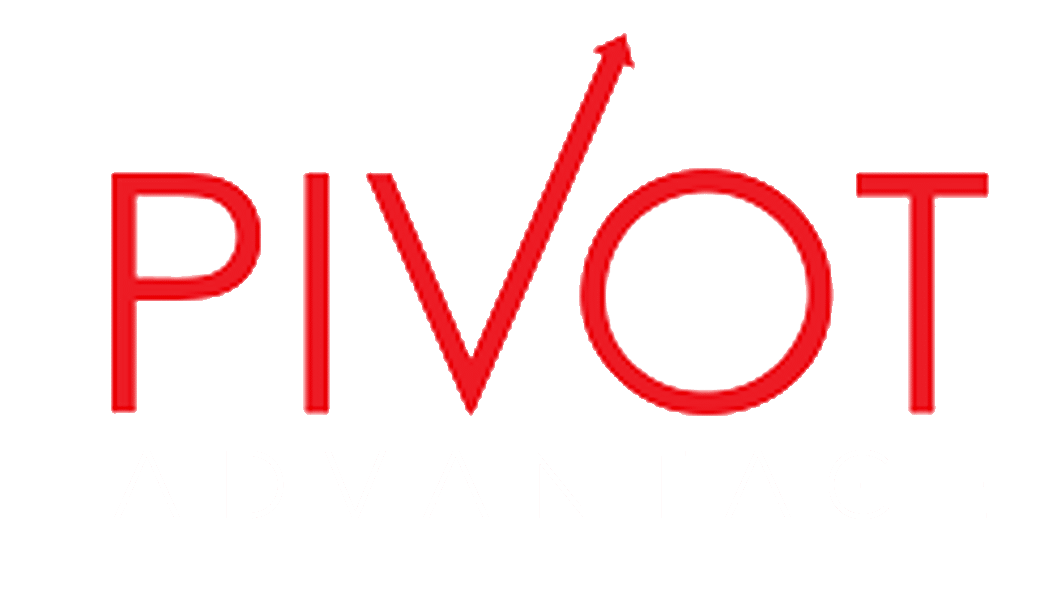Securing a business from deceitful practices is integral to any flourishing enterprise. You can protect your company from financial losses with the right strategies and tools. See our valuable tips to help safeguard your business from financial losses due to fraud.
We’ll cover understanding the fraud risks, implementing internal controls, utilizing technology solutions, and educating employees on fraud detection and prevention strategies – all designed to help prevent fraudulent and suspicious activity in your business.
Read these helpful tips and ensure your business remains safe from unscrupulous individuals looking to exploit it.
Understand the Risks of Fraud
Fraud is an on-going problem Vancouver businesses face, and it’s important to understand its risks. To safeguard your business account and company from deceptive conduct, you must be mindful of the diverse forms of fraudulence, common strategies, and alert signs.
Different forms of deceptive fraud exist to take advantage of unprepared businesses. These include identity theft, credit card fraud, money laundering, cybercrime, phishing scams, insider trading, embezzlement, and more. Each type of fraud has its unique characteristics and methods used by perpetrators. It’s important to familiarize yourself with these so you can recognize them if they occur within your organization or industry.
Common Schemes:
Common schemes criminals use involve exploiting weaknesses in systems or processes, such as accounting software vulnerabilities or social engineering techniques like email spoofing or phone calls pretending to be from a legitimate source such as a bank representative or insurance policy. Criminals may also use organizations by employing fraudulent bills or other paperwork to perpetrate financial malfeasance without detection.
It is essential to understand the fraud risks and be aware of typical schemes, different types of common fraud, and warning signs to protect your business. To further safeguard against fraudulent activities, implementing internal controls such as segregation of duties, policies & procedures, and monitoring systems can help reduce any potential risk.
Implement Internal Controls
Internal controls are an essential part of fraud prevention. Implementing different roles for handling financial matters in larger companies helps ensure all activities are supervised and documented correctly. This means that accounting-related tasks, such as creating financial statements, should be performed by different people who can review each other’s work.
Establishing policies and procedures is also essential to ensure consistency throughout the organization and minimize the risk of fraud. These policies should outline expectations for employees regarding their roles, responsibilities, and ethical behavior when handling financial information or making decisions about company finances.
Monitoring systems help detect discrepancies in sensitive information or irregularities in transactions or processes before they become significant issues. Auditing systems ensure that internal controls are functioning correctly and identify areas for improvement. Regular audits help detect potential problems early on so they can be addressed quickly before becoming more serious issues down the line.
Technology solutions like cloud-based accounting software can make monitoring activity across multiple departments within an organization easier while providing real-time data insights into operations, allowing organizations to respond quickly if any discrepancies arise.
Automated payment systems can reduce manual errors associated with handling cash and entering payments manually while providing greater visibility into cash flow management practices and helping prevent unauthorized access to funds or accounts payable data.
Cybersecurity measures such as encryption technologies protect sensitive customer information from being accessed by malicious actors online.
Implementing internal protocols is essential for preventing fraudulent activities within a business. Businesses can further safeguard their assets from potential threats by utilizing technology solutions such as cloud accounting software, computer security, and automated payment systems.

Utilize Technology Solutions
Cloud accounting software is essential for small businesses looking to prevent fraud. With cloud accounting software, businesses can quickly monitor their finances in real-time to detect irregularities. With cloud-based solutions, data is stored securely offsite, eliminating the risk of physical theft or document damage.
Automated payment systems are also helpful in preventing fraud as they allow businesses to set up rules around payments that must be followed before a transaction is completed. For example, setting up two-factor authentication or requiring signatures from multiple parties on more significant transactions can help reduce fraudulent activity within a company’s accounts.
Cybersecurity measures are another way businesses can protect themselves from fraudsters. Implementing firewalls and other security protocols, like encryption technology, can aid small companies in warding off cybercriminals from gaining access to private data saved on networks or computers.
Additionally, installing anti-virus software will ensure malicious programs don’t infect computers with malware designed to steal financial data or disrupt operations. By utilizing these technologies together, small businesses can have peace of mind knowing credit card information and that their accounts are safe and secure from potential threats like fraudsters looking to take advantage of them financially.
With proper education and training of employees on fraud prevention strategies, small business owners can take further steps to ensure their financial security.
Educate Employees on Fraud Prevention Strategies
Training Programs for Staff Members
An effective training program for employees is essential to preventing fraud. Training should include instruction on the organization’s policies and procedures and the potential consequences of fraudulent activity.
Staff should learn to recognize signs of fraud and what measures to follow if any problems arise. Moreover, staff members should be kept abreast of modifications in laws or regulations that may influence their roles within the company.
By providing trusted employees with this information, they can better understand their responsibilities and help protect against fraud.
Understanding the Consequences of Fraudulent Activity
Fraudulent activity has serious consequences, both legally and financially, for businesses. Employees should be conscious of the possible results, so they comprehend why it is essential to take precautions against fraud.
For example, companies can face fines or criminal charges if one employee is found guilty of fraudulent activities, which could lead to a damaged reputation or loss of customers due to mistrust. Additionally, there are personal repercussions such as job termination or even jail time for those who commit fraud against their employer or other organizations, depending on the severity of the offense committed.
Conclusion
For small businesses, fraud prevention is essential in protecting your business from financial losses. Understanding fraud risks, implementing internal controls, utilizing technology solutions, and educating employees on fraud prevention strategies are important.
Taking proactive steps to protect small business clients and yourself against fraudulent activities can help you avoid costly mistakes that could impact your bottom line long-term. Taking the proper precautions and staying vigilant ensures your business is safeguarded from fraudulent activities.
Take control of your business finances and protect yourself from fraud with Pivot Advantage Accounting and Advisory Inc. Invest in our professional services today to ensure compliance and security against potential risks.
FAQs about Fraud Prevention Tips for Small Businesses
How can small businesses prevent fraud?
Small businesses can prevent fraud by implementing strong internal controls, such as segregating duties and conducting regular audits. Creating a comprehensive oversight system is vital to mitigating fraudulent activity.
Business owners should also create policies regarding acceptable behavior when handling company funds or assets. Regular employee training on these policies is important in helping business owners train employees to ensure compliance with established procedures. Finally, instituting a culture of transparency within the organization can help to reduce opportunities for fraudsters to take advantage of lax oversight or accountability measures.
What is an effective way to prevent fraud?
To effectively protect against fraud, organizations should implement a comprehensive internal control system. This includes segregating duties, having clear policies and procedures in place, regularly monitoring activities for any suspicious transactions or employee change or behavior, performing background checks on employees with access to sensitive company information and financial data, using strong passwords and encryption techniques for digital information storage and transmission, as well as conducting regular audits of the organization’s financial records. All these measures can help protect an organization from potential fraudulent activity.
What are the consequences of fraud?
The consequences of fraud can be significant, both legally and financially. Companies can face fines or criminal charges if one employee is found guilty of fraudulent activity. Moreover, individuals who participate in fraud can face personal repercussions such as job termination or even jail time, depending on the severity of the offense committed.
Additionally, businesses may suffer reputational damage due to mistrust from their customers and other stakeholders if it is revealed that fraud has occurred within the organization. Therefore, it is essential to protect against fraud and ensure employees know the potential consequences.


